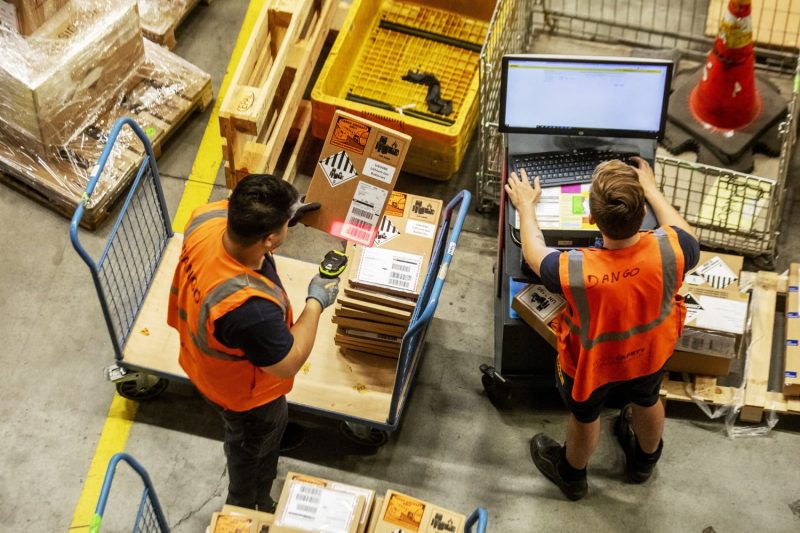In the article How A Single Failure Can Take Down A Fragile Web Of Global Commerce, the fragility of the global commerce system is put under a microscope. The interconnected nature of today’s global economy means that a disruption in one area can have far-reaching consequences across various industries and regions. This fragility was starkly highlighted by the COVID-19 pandemic, which brought supply chains to a grinding halt and exposed vulnerabilities in the system that many had not previously accounted for.
One key aspect of the fragile web of global commerce is the reliance on just-in-time inventory management systems. While these systems are efficient and cost-effective, they leave little room for error. Any disruption in the supply chain can have immediate and severe consequences, as seen in the early days of the pandemic when factories were forced to shut down, leading to widespread shortages of essential goods.
Another factor contributing to the fragility of the global commerce system is the prevalence of monopolies and oligopolies in key industries. When a single company dominates a particular market, any disruption to its operations can have cascading effects on the entire supply chain. This was evident in 2021 when a major cyber-attack on a meat processing company caused significant disruptions in the global meat supply chain.
Furthermore, geopolitical tensions and trade wars pose a significant threat to the stability of global commerce. The imposition of tariffs and trade barriers can disrupt established supply chains and lead to increased costs for businesses and consumers alike. The ongoing trade dispute between the United States and China has already had far-reaching effects on various industries, including technology, manufacturing, and agriculture.
To mitigate the risks associated with the fragile web of global commerce, businesses must adopt a proactive approach to risk management. This includes diversifying supply chains, building redundancies into operations, and investing in technologies that can help identify and address potential disruptions before they escalate.
In conclusion, the fragile nature of the global commerce system is a stark reminder of the interconnected world in which we live. While technological advancements and global trade have brought many benefits, they have also introduced new risks and vulnerabilities that must be addressed. By understanding the factors contributing to this fragility and taking proactive steps to mitigate risks, businesses can better navigate the complexities of the global economy and ensure their resilience in the face of unforeseen challenges.




























